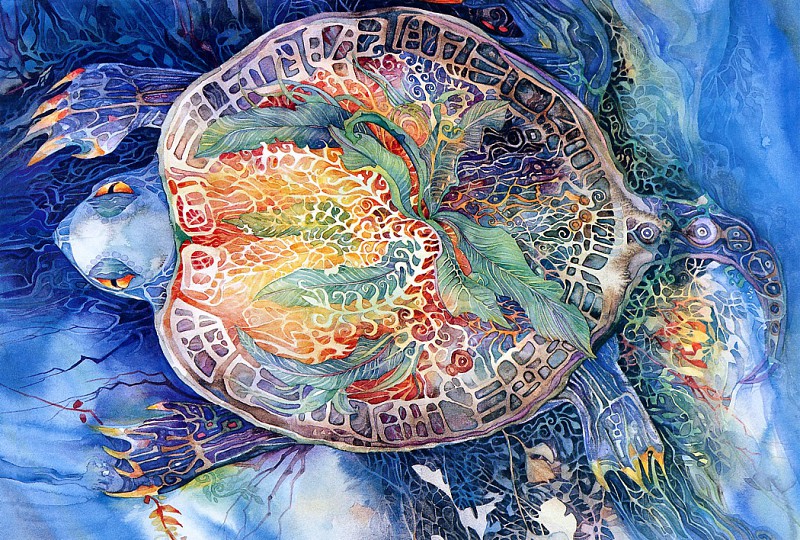Dialogue -when truly practiced – is a powerful activity in which the very nature of consciousness is touched. When the energy found in this new consciousness is linked directly to any change agenda, transformations never thought possible are suddenly evident. The many Arab-Jewish dialogue groups that have sprung up throughout the United States are testament to the power of dialogue. The personal experience of dialogue is often described using words like “profound,” “mysterious,” “peak experience.” For a dialogic experience to feel complete, it must be both an ending and a beginning, it must reframe our past and precipitate a new opening, a profound connection, a shift.
Many would like to experience this new consciousness created by dialogue but are nonplussed by how to create it. The successful Arab-Jewish dialogue groups follow an arc of progression that unfolds as follows: At the first point of the arc, the action is sitting with the “enemy” and listening to and telling personal stories. At this stage, the dialogue group itself is the action and it is exciting just to be meeting. The next stage is the development of trust and the sense of what psychologists would call safety in the group. At this stage, the intimacy and ability to share deepens. Then come perception changes – or the shift – that occurs within the group and for each member as an individual. And finally, the group begins to look outside itself, taking in the community and involving new people. Thus there’s a natural progression to the activism stage. Not that activism is the ultimate goal of these groups, but community outreach is often the natural outgrowth of a successful group.
This arc of progression is an organic process; the stages cannot be rushed. Groups that begin by trying to write manifestos, make public statements or turn to political action too soon are usually doomed to failure. A group that follows the progressive arc and is sustained over time is a successful group. There are examples of such successful groups going on to found organizations devoted to peacebuilding activities.
To achieve success, there are certain rules and guidelines which most dialogue groups follow that include the following dimensions: active listening; a focus on personal storytelling; suspension of assumptions; establishing psychological safety; embracing ambiguity and finding shared meaning. In order to achieve these dimensions, it is important to have good facilitation and process (as is true for all groups). The groups that don’t follow these rules often find the interaction within the group devolving into argument, debate, bickering and acrimony. These groups generally disband within a short amount of time and leave the participants feeling hopeless and despair of ever being able to overcome differences and build peace.
What can be done to encourage and promote the successful groups into a matrix, a nexus, a grassroots movement? In Ireland, during the years leading up the Belfast Agreement, the Irish government established the Central Community Relations Unit to encompass peacebuilding and to embrace reconciliation groups as well as groups and sectors of society which had not been part of peacebuilding previously, including businesses, religious groups, sports groups, and even health and education boards. Perhaps a similar initiative can be created in Israel. A critical mass of these groups and organizations organized together to has the potential to create a trickle-up, tipping point for peace.
It is the network and nexus of dialogue groups, grassroots organizations, not-for-profits – in the US, Israel/Palestine and elsewhere – whose missions are designed to advance equality, promote relationships and lay the groundwork for peace, that has the potential to become a grassroots movement. Such a movement is necessary to stem the tide of negativity and the ideology of racism and hate that is so pervasive in the current political climate. Therefore, these groups and organizations should be encouraged, supported, financed and promoted by everyone who still has faith, because they are – for now – the only viable source of peacebuilding between Arabs and Jews.
